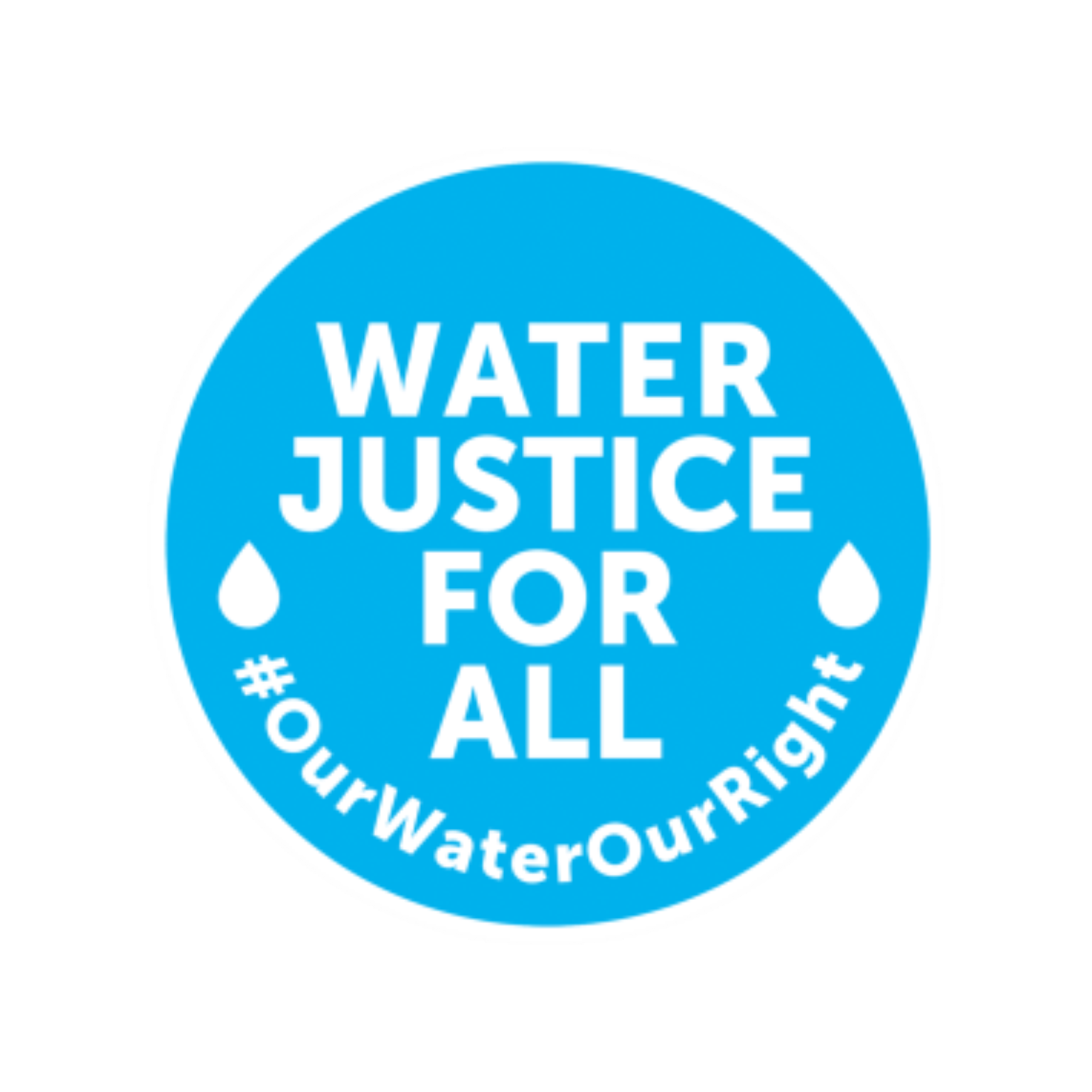Corporate Accountability and Public Participation Africa (CAPPA) and nine other rights organisations in seven African countries have demanded that the Ghanaian government immediately halt the ongoing poisoning of water bodies, lands, aquatic/marine life and human health by illegal miners.
In a statement issued on Sunday under the auspices of the Our Water Our Right Africa Coalition (OWORAC), they solidarized with Ghanaians protesting the devastating impact of illegal mining activities, locally known as galamsey, affirming that access to safe drinking water is an internationally recognised human right.
They warned that the Ghanaian government’s failure to check the problem resulted in the ongoing poisoning of public health and the collapse of the source of livelihood for the many people who live in communities around these water bodies.
OWORAC further called on the Ghanaian authorities to commence remediation of impacted waters and lands and to enforce stringent regulations that will compel mining actors to adopt sustainable and responsible practices.
The statement was signed by seven OWORAC partners, including Geoffrey Kabutey Ocansey for Revenue Mobilisation Africa (Ghana), Omeme Gaslin of Génération Eau Claire (Gabon), Akinbode Oluwafemi for CAPPA (Nigeria), Betty Abah for the Centre for Children’s Health Education, Orientation and Protection (Nigeria), Pascal Bekono for the African Centre for Advocacy (Cameroon), Anne Maine for Biodiversity and Biosafety Association of Kenya, Chief Ewuokem Godson for SYNATEEC SYNDICATE (Cameroon), Sani Baba for Citizens Free Service Forum (Nigeria), Amaka Nweke of Network for Water Rights Initiative (Nigeria) and Oumar Ba for Confédération de Syndicats Autonomes du Sénégal
The statement, titled “GALAMSEY: OWORAC STANDS IN SOLIDARITY WITH THE GHANAIAN PEOPLE, DEMANDS AN END TO THE POLLUTION OF WATER SOURCES,” reads:
“The Our Water Our Right Africa Coalition (OWORAC) stands in solidarity with the Ghanaian people protesting the devastating impact of illegal mining activities, locally known as galamsey, on water bodies, farming lands, aquatic/marine life and human health. We particularly affirm that access to clean and safe drinking water is an internationally recognised human right, therefore, we call on the Ghanaian authorities to take decisive actions to end this ecological assault.
“It is no news that illegal mining operations utilise dangerous chemicals like mercury and cyanide, which contaminate water systems and farming soil, presenting a grave danger to public health. Increasing sad stories of suffering abound in the news of Ghanaians affected by the consequences of this reckless extractivism.
“Water sources such as the Densu, Birim, Pra, Ankobra, and Tano rivers, which previously served as important sustaining utilities for many frontline communities and households, are now toxic streams, exposing helpless people who have no choice but to continue drinking from them to dire health consequences. The pollution of these rivers has destroyed aquatic life and rendered soils infertile, stripping local fish and crop farmers of their livelihoods and slashing agricultural productivity.
“Pathetically, in Bibiani-Anhwiaso-Bekwai district, an illegal mining hub in Western Ghana, medical experts have established a connection between illegal mining and troubling reproductive health issues after conducting investigations that detected the presence of heavy metals such as cyanide and mercury in the placentas of pregnant women, resulting in congenital disabilities in their newborns.
“So pervasive is the trouble of galamsey that the Ghana Water Company Limited (GWCL) has had to shut down some of its water treatment plants supplying potable water to communities, leading to increased water scarcity and hardship. This unfortunate situation is now also driving up water tariffs. Even so, experts’ analyses of the situation predict a grim future, where Ghana might face the need to import water by 2030 if galamsey persists unchecked.
“Yet despite this troubling outlook, the state’s response has been repression rather than resolution. Citizens and protesters demanding action from the Ghanaian government have been arrested by the police, brutally manhandled and detained, and denied access to legal representation and their families. OWORAC vehemently condemns these oppressive actions by the Ghanaian government and its security apparatus, working to silence legitimate public dissent.
“Instead of criminalising people for speaking up against the threat of galamsey to their lives, we urge the Ghanaian government to declare a state of emergency on all mining activities in and around water bodies as directed by the constitution of the republic.
“Ironically, despite governmental promises to combat this crisis, a palpable lack of political will and the entanglement of high-ranking politicians in galamsey operations across the country, as revealed by the government’s own Inter-Ministerial Committee set up to investigate the issue, continue to obstruct meaningful change.
“Sardonically, government-backed political actors have publicly disclosed that their government will not act against galamsey operations because of the possible negative impact it may have on their electoral fortunes in the upcoming general elections that will be held in less than two months away, selfishly and pathetically placing their electoral fortunes above the public health of the electorates they expect to secure the votes from.
“We refuse to accept this status quo, where the greed of a few outweighs the well-being of many and the cause of social justice. We insist on immediate, responsible action to halt the ongoing poisoning of public health and collapse of the source of livelihood for the many people who live in communities around these water bodies.
“OWORAC calls on Ghanaian authorities to commence remediation of impacted waters and lands and to enforce stringent regulations that will compel mining actors to adopt sustainable and responsible practices. We also urge environmental authorities to hold those responsible for this menace accountable.
“These steps are crucial for safeguarding the human rights of communities and ensuring an adequate standard of living, health, and well-being for every Ghanaian, as they rightly deserve.”


